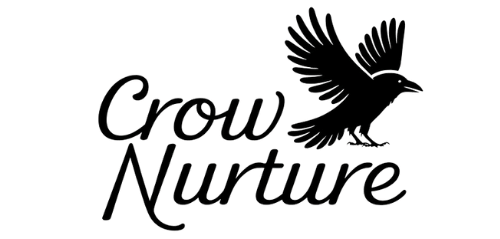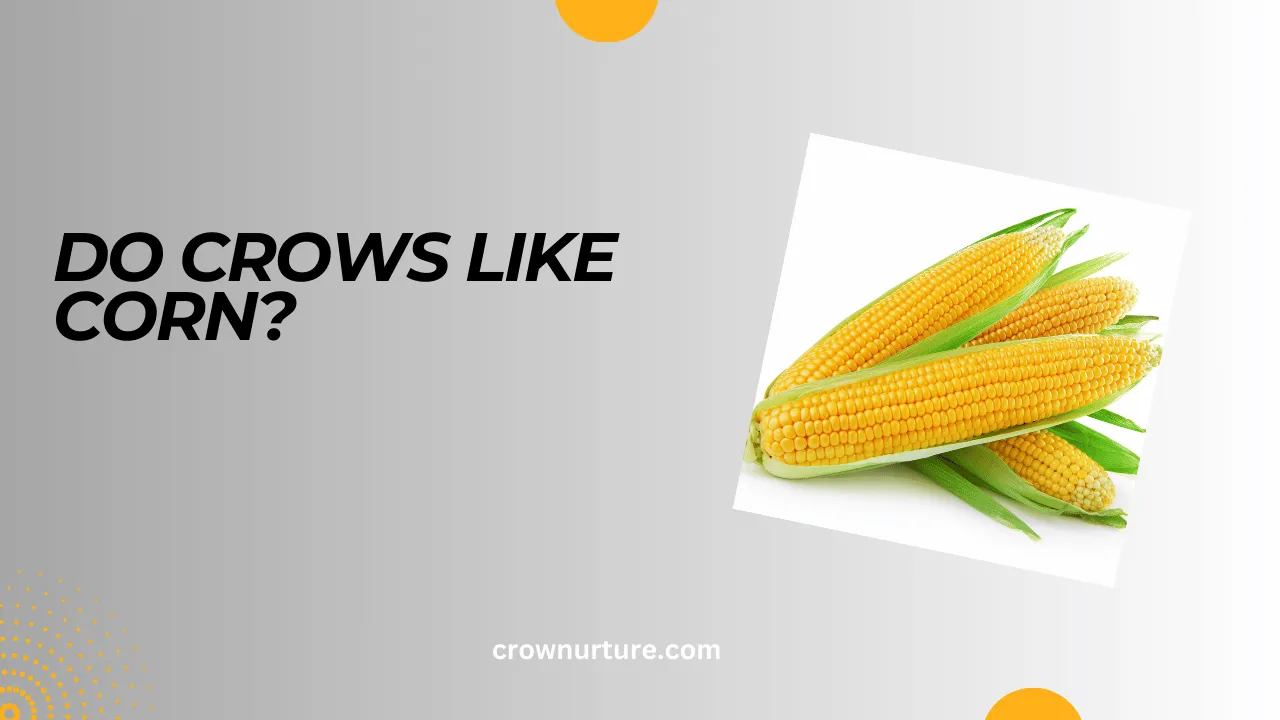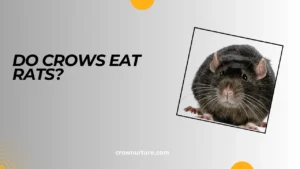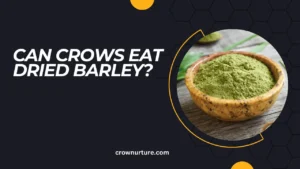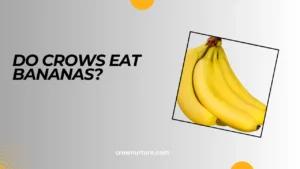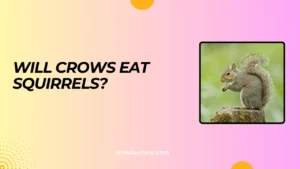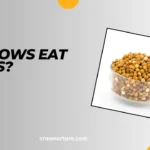Crows are fascinating creatures, known for their intelligence and adaptability. They are often seen as opportunistic feeders, foraging through a variety of environments in search of food.
But one question that often arises is whether crows have a particular fondness for corn. It seems like a simple query, but the answer reveals much more about these birds’ dietary habits and their interactions with human agriculture.
This article aims to explore the relationship between crows and corn, shedding light on the factors that influence their food preferences. We’ll examine their dietary habits, the availability of corn in agricultural settings, and how this impacts farmers and local ecosystems.
Understanding this connection is essential for anyone curious about how we can coexist with these resourceful birds while managing their impact on crops.
As we dive deeper, we’ll cover topics like the versatility of a crow’s diet, their ability to adapt to changing environments, and the potential challenges of living alongside them in agricultural areas.
This exploration will provide insights not only into crows’ preferences for corn but also into the broader issue of human-crow interactions.
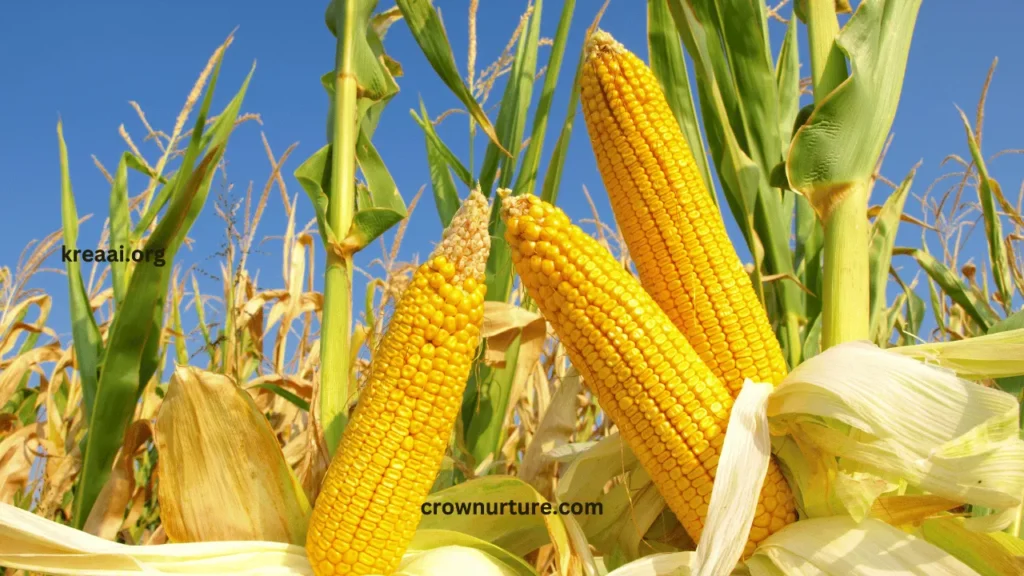
Contents
1. Crow Diet: A Diverse Feast
Crows are omnivores, which means they eat both plant and animal matter. Their diet is incredibly varied and includes everything from insects, seeds, fruits, and small animals to garbage and leftover human food.
This broad food preference makes them highly adaptable in both rural and urban settings. In the wild, crows consume insects and small vertebrates, which provide them with the protein they need.
During certain seasons, they also feed on seeds, nuts, and fruits, which are plentiful in nature. When living near human settlements, however, crows are more likely to scavenge for easy food sources.
In urban environments, crows have been known to shift their diets to include more human food scraps. Their remarkable ability to adapt their feeding habits to whatever is available plays a significant role in their success in populated areas.
2. Corn: A Tempting Treat?
Corn, especially in agricultural areas, is an attractive food source for crows. It is nutrient-rich, providing carbohydrates and proteins that are valuable to these birds. Cornfields and other crop areas often present an abundant and easy-to-access food supply for crows.
However, crows don’t always prefer corn over other food items. Seasonal availability plays a major role in their preference. During the harvest season, when corn is readily available and easily accessed, crows may become more interested in it.
In some cases, crows can overwhelm a cornfield, causing potential damage to crops. While they don’t exclusively target corn, it is one of the foods they can exploit when it is abundant.
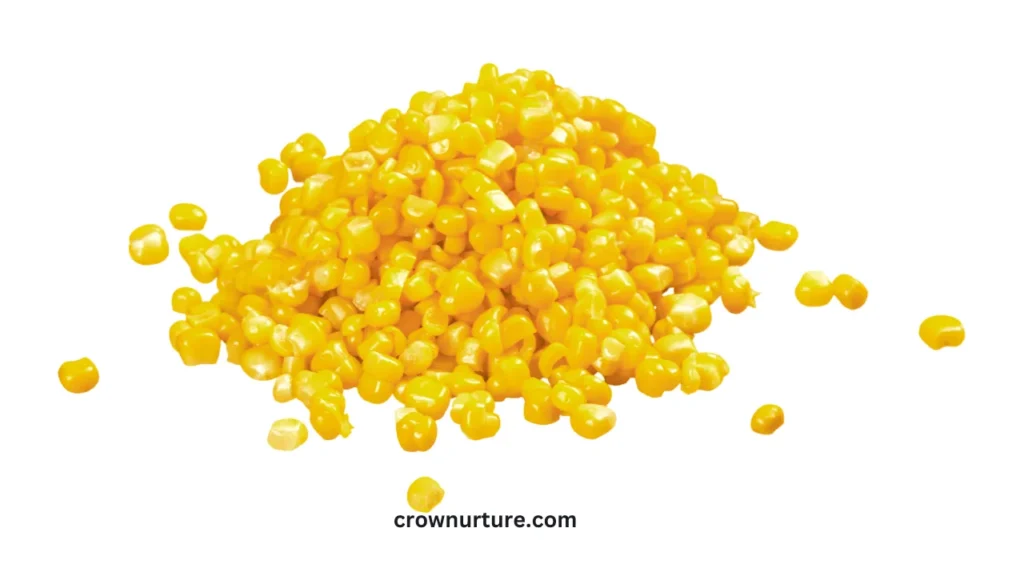
3. Factors Influencing Food Choices
Several factors influence a crow’s decision to eat corn. Seasonal availability is a significant determinant—crows are more likely to eat corn when it is ripe and plentiful.
They also adapt to the specific habitats they are in, shifting their food preferences depending on what is most easily accessible. Competition with other birds and animals for food also affects what crows eat.
When there are fewer food sources available, crows may focus on high-calorie options, such as corn. Additionally, predation risks play a role in crow behavior; crows often select food sources that are not only abundant but also safe from predators.
4. Crows and Agriculture: A Complex Relationship
While crows are helpful in controlling insect populations, they can also become a nuisance in agricultural settings. In cornfields, crows can cause damage by pecking at and consuming crops, especially during harvest time.
Despite the potential damage, crows also offer benefits. They help control pests that can damage crops, making them valuable in integrated pest management. However, the negative impact of crop damage is something that farmers often have to manage.
To mitigate these issues, farmers use various deterrents such as scarecrows, netting, and even sound deterrents to keep crows from damaging crops. These strategies help balance the relationship between crows and agriculture.
5. Human-Crow Interactions
Humans and crows often share urban and suburban spaces, which can lead to interesting interactions. Feeding crows directly, for instance, is often seen as a way to engage with these intelligent birds. However, this practice can lead to dependency, and in some cases, aggressive behavior from the crows.
Crows are attracted to human settlements because of the easy access to food. Garbage bins, outdoor eating areas, and even intentional feeding contribute to this attraction. While feeding crows may seem harmless, it is better for their well-being to allow them to forage naturally.
Ultimately, the key to peaceful coexistence with crows is understanding their behavior and using strategies that allow humans and crows to share space without causing harm to one another.
Conclusion
Crows are adaptable and intelligent birds that will readily consume corn when it is available, but their diet is much more varied than just this grain. While corn may be a tempting food source for crows, the broader factors of seasonality, competition, and habitat influence their food choices.
Though they may pose challenges to farmers, crows also offer important ecological benefits, such as pest control. By understanding how and why crows are attracted to certain foods, such as corn, we can better manage their presence in agricultural areas.
With effective strategies, we can minimize damage to crops while allowing these fascinating creatures to thrive in the wild. Ultimately, fostering a balance between human-crow interactions and agriculture can lead to peaceful coexistence.
FAQs
1. Do crows eat corn on the cob?
Yes, crows are capable of eating corn on the cob, particularly when the kernels are soft and easily accessible.
2. How can I keep crows away from my cornfield?
Using scarecrows, reflective tape, and sound deterrents can help keep crows away from your crops.
3. Are crows harmful to crops other than corn?
Yes, crows can also damage other crops, such as fruits, berries, and seeds, in addition to corn.
4. Can I feed crows?
While feeding crows may seem harmless, it can lead to dependency and even aggressive behavior. It’s best to avoid feeding them directly.
5. Are crows protected by law?
In many regions, crows are protected by law. Always check local regulations before taking action to deter them.
6. Do crows prefer corn to other foods?
Crows are opportunistic feeders, so their preference for corn depends on availability and other food options in their environment.
